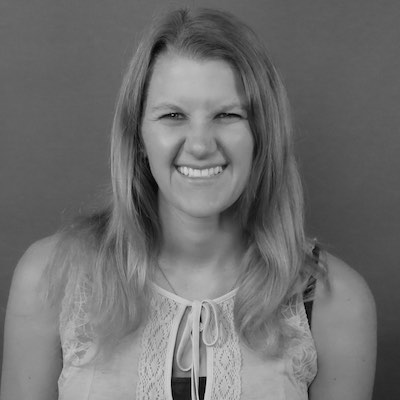How you network has profound effects on your success, and many women aren’t doing it the right way.
Although it’s wrong to paint all women with the same brush, there are common mistakes many women make while networking, said Grace Killelea, founder and CEO of Half the Sky, an organization that provides guidance for women in leadership roles, and author of “The Confidence Effect: Every Woman’s Guide to an Attitude that Attracts Success.”
For instance, many women focus on the social aspect of networking rather than the political aspect. They make friendships rather than using political savvy and leveraging connections advance their careers. “Your company doesn’t have to be your family, and your network doesn’t have to be your friends,” she said.
She created the acronym IPO — information, power and opportunity — to guide women in leveraging the community of people they meet at a networking event.
Information refers to gaining information that may be helpful in advancing a woman’s career. Power refers to access to people who can open doors for her via mentoring or sponsorship. Opportunity refers to knowing what opportunities are out there and how to can take advantage of them.
Specifically, information means knowing things like which companies are hiring, which companies are firing and which trends are hot, according to “The Confidence Effect.” It’s an important resource that fuels power and opportunity.
Power comes from the strength of relationships. Killelea said many women network in ways that don’t create powerful alliances. They attend a lecture with a friend and confuse listening to a speaker with networking. Power also comes from the energy one brings to a networking event. There’s a huge correlation between what a woman tells herself and what she actually does before walking into an evaluative situation, such as a meeting or a networking event, she explained.
This last comment refers to a June 2012 TED talk, “Your Body Language Shapes Who You Are,” given by Harvard University’s Amy Cuddy. Cuddy mentions a two-minute “power pose,” standing tall with hands on your hips, with your head up and with your eyes looking forward. The power pose is supposed to affect brain chemistry and increase confidence.
It’s common for women do the opposite, Killelea said. “We diminish ourselves before we get in the room. [We] tell ourselves how we don't belong a hundred different ways. ‘I’m the youngest person there, I’m too old, I’m too this.’ We qualify out before we’ve walked in.”
Physical elements such as body language, eye contact, tone of voice and having a good handshake matter in terms of meeting people at networking events and creating powerful connections.
Having valuable information and connections doesn’t mean anything, however, if a woman doesn’t take advantages of opportunities. Although corporations should hold some responsibility and consider why, for example, women aren’t applying for or getting a promotion, ultimately women are the CEOs of their own careers.
Women need to raise their hands, Killelea said, and that could mean many things. First of all, they need to be willing to ask for feedback if they don’t get a job. “What if anything can I do differently to be ready for the next opportunity?” they should ask. Then, they should listen to that feedback.
Opportunity also applies to situations like sharing ideas in a meeting. It’s common for many women to miss the opportunity to share their thoughts, Killelea said.
“Men are more willing to throw stuff against the wall to see if it sticks. Women will wait until the answer sticks … until the answers perfect. By then the wall has already been built. We’ve moved on.”
Effectively building IPO can have positive results on a woman’s career, Killelea said. She launched a successful company in her fifties by using her strong network and by leveraging people outside her comfort zone. “[Networking] is very organic. It grows, and it’s also very fluid. You can never stop doing it.”















